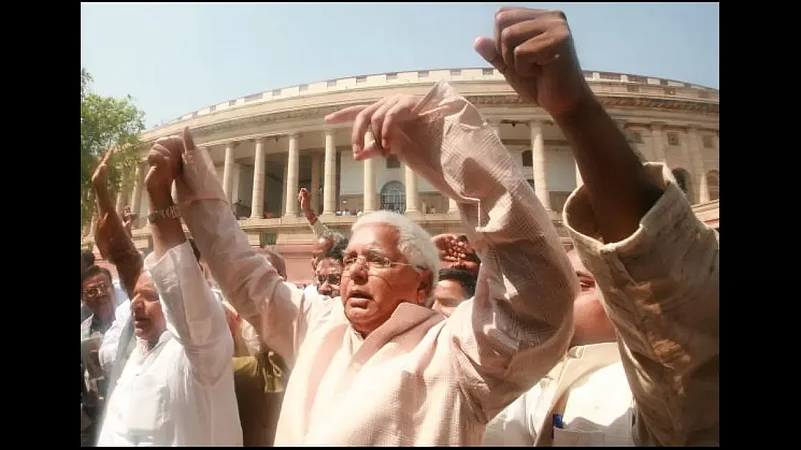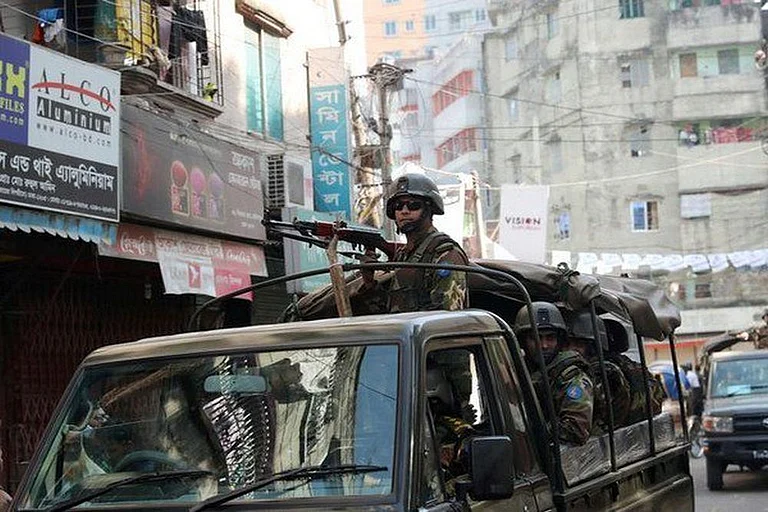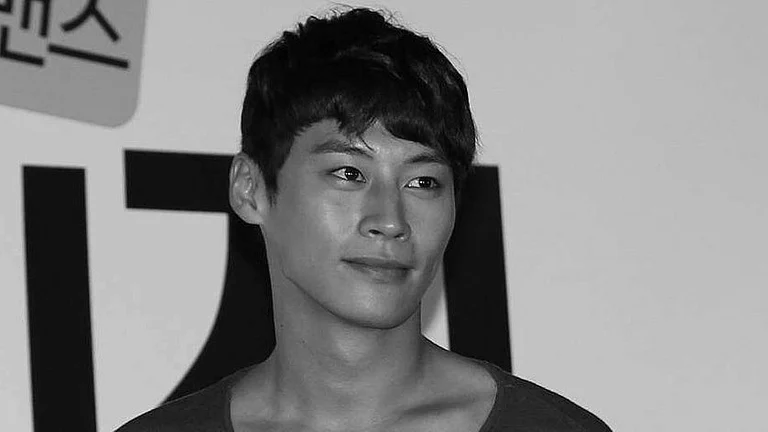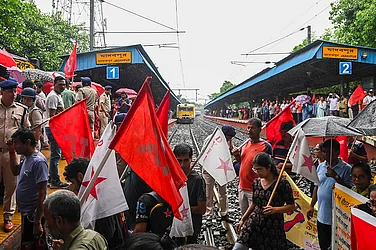Women Reservation Bill’s 27-year-long journey has been anything but a cakewalk. Strong opposition from different political parties stalled its passage in the last three decades, a few political parties learnt to shift their ideological turf to cope with the new political demands. But what were the grounds for opposing the bill? Historically, the reasons range from a demand for a ‘quota within quota’ to sheer misogyny of the political patriarchs.
In its early days during the late 1990s, Rashtriya Janta Dal (RJD), Samajwadi Party (SP), Janata Dal (United), and Bahujan Samajwadi Party (BSP) majorly rallied against the proposition. In June 1997, senior JD(U) leader Sharad Yadav hurled a misogynist comment on the floor of the house. In a derogatory manner, he asked how ‘par-kati mahilaen’ (short-haired) urban women would be able to represent the causes of rural women.
This misogynistic statement had been echoed by former SP supremo Mulayam Singh Yadav in 2012. While addressing a rally, the Yadav said, “The women reservation bill in its present form would only benefit rich and urban women... our poor and rural women are not attractive.”
However, this statement of Yadav was only complementary to what he said in 2010. Referring to the increased number of women in Parliament, the UP strongman said, “The Women’s Reservation Bill, if passed in the present format, would provoke young men to whistle in parliament”.
Besides such misogynistic perceptions, SP, RJD, and BSP have been together in demanding ‘quota within quota’ for marginalised women for years. As the bill got passed in Rajya Sabha on March 9, 2010, RJD supremo Lalu Prasad Yadav said, “We will not oppose reservation. We will stick to our old stand of reservation within the reservation. The Bill must include reservations for Muslim women, women from backward classes and Dalits.”
Mulayam Singh though primarily pushed the ‘quota within quota’ as the caveat to lend support to the bill, later on, he changed his stance and said that such a bill would muzzle down the voices of marginalised women. “We would do everything it takes to stop any such law being framed in the country as it is a design of the Congress party to keep Muslim and Backward women out of Indian politics,” said the SP chief.
However, BSP chief Mayawati’s position has been very clear regarding women’s reservations. Since day one, she opposed the bill saying that the 28% SC/ST quota should not be affected due to WRB.
As the Bill was first introduced during Deve Gowda’s regime, the political compulsions of the time could not be undermined. Coming on the back of the Mandal agitation that gave life to the OBC movement, it was difficult for the parties to neglect the aspirations of backward classes.
In 1996, it was none other than BJP leader Uma Bharti who batted for the OBC women’s reservation and said, “My demand is that there should be reservation for backward-caste women also, as in the Panchayati Raj system. This should be incorporated in this Bill because women from the backward castes suffer the most.”
While RJD, SP and BSP more or less stood by their stand, it was JD (U) under Nitish Kumar that took a U-turn since 2010.
In 2016, addressing an event to celebrate 20 years of the Bill by the National Federation of Indian Women (NFIW), then JD(U) general secretary K C Tyagi said, “I have come to say that from today onwards you can remove the name of JD(U) as one of the parties opposed to the women’s reservation bill.” On being asked whether they are still considering the demands of ‘quota within quota’, Tyagi said that it was not a pre-condition for their support, rather it was a wish.
However, the leaders from the Southern states like AIADMK supremo Jayalalithaa and DMK leader Kanimozhi have been supportive of the Women’s Reservation Bill. Jayalalithaa, known for her leadership in the 1990s to push for 69% reservation for the marginalised communities asked political parties of all shades to support WRB in 2010.
After the Bill was passed in Rajya Sabha and was awaiting its introduction to Lok Sabha, the senior AIADMK leader said, “Nearly a month after it was passed in the Rajya Sabha, the Women's Reservation Bill is yet to be tabled in the Lok Sabha which is a matter of concern. This gives rise to apprehensions among women that it could once again be put on the back-burner.”
In 2016, as the CM of Tamil Nadu, she even increased the reservation of women in urban and rural local bodies to 50%. She even pointed out that women’s presence in administration boosts developmental works.
Interestingly, DMK leader Kanimozhi in 2019 while extending her support to the bill said that the issue lies in sharing the power. “Though the Women’s Reservation Bill is supported by all parties, it has still not seen the light of the day. That may be because sharing the power is not easy, especially in politics,” said the DMK leader.
Telangana Rashtriya Samiti (TRS), nonetheless, had extended its support to the bill. In 2016, it asked the central government to bring WRB to the table, the following year senior minister K T Rama Rao said that his party would provide full support to the government if it intended to pass it.
Women’s Reservation Bill promises 33% reservation for women both in Parliament and state assemblies. As per the current seat count, if the Bill is passed and implemented, there would be 181 women MPs in Loksabha.



























